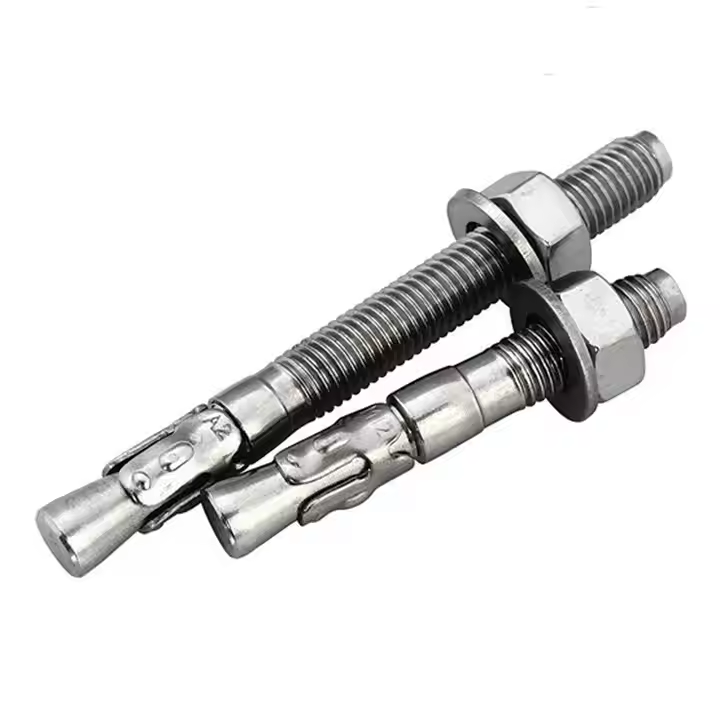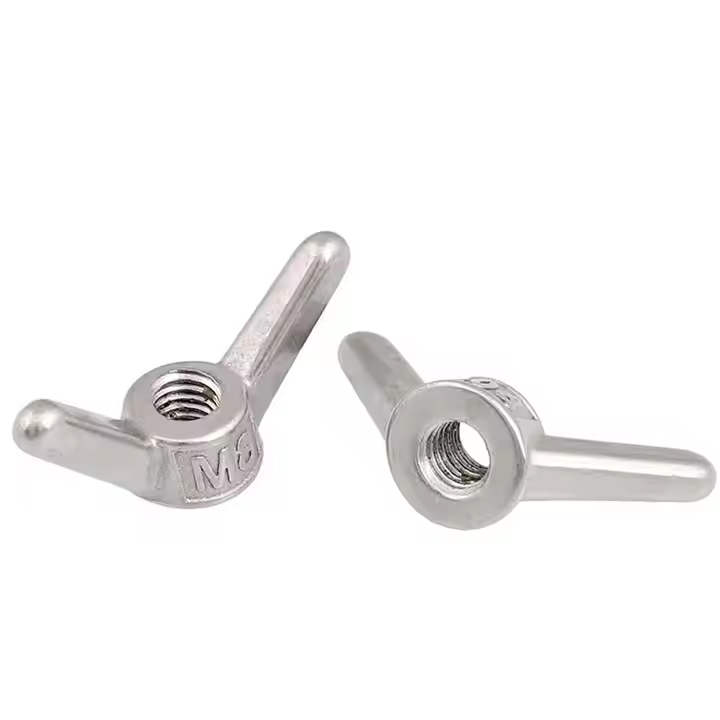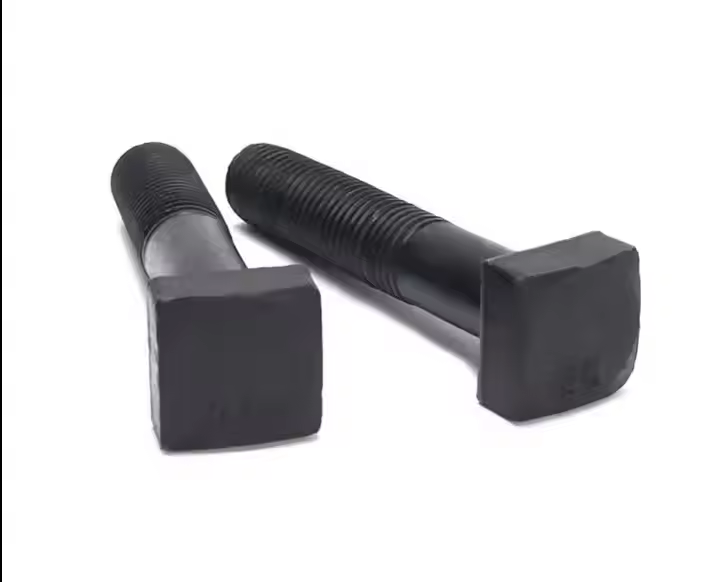

This comprehensive guide explores the world of self-locking nuts, covering their various types, applications, advantages, and disadvantages. We'll delve into the mechanics of how they work, helping you choose the perfect self-locking nut for your specific needs. Whether you're a seasoned engineer or a DIY enthusiast, this resource will equip you with the knowledge to make informed decisions when selecting and using these essential fasteners.
Nylon insert nuts are a common and cost-effective type of self-locking nut. They feature a nylon insert that creates friction against the threads, preventing loosening under vibration or stress. These are widely used in general applications where a high degree of locking force isn't crucial. They are readily available and relatively inexpensive. However, the nylon insert can be damaged under extreme temperatures or high torque applications. This type of nut is easily identified by the visible nylon insert within the nut.
Unlike nylon insert nuts, all-metal self-locking nuts rely on a mechanical feature to achieve locking. Common designs include those with:
Several other specialized self-locking nuts exist, designed for specific applications and industries. These include:
Selecting the appropriate self-locking nut involves considering several factors:
| Factor | Considerations |
|---|---|
| Vibration Resistance | All-metal nuts usually provide superior vibration resistance than nylon insert nuts. Consider the level of vibration in the application. |
| Temperature Range | Nylon insert nuts may have limitations in extreme temperatures. Choose all-metal options for high or low-temperature environments. |
| Material Compatibility | Ensure the nut material is compatible with the bolt and the surrounding environment to prevent corrosion. |
| Cost | Nylon insert nuts are generally less expensive than all-metal options. |
For high-quality self-locking nuts and other fasteners, consider exploring reputable suppliers. One excellent source for a wide range of industrial fasteners is Hebei Muyi Import & Export Trading Co., Ltd. They offer a diverse selection to meet your project needs. Remember to always check specifications and certifications to ensure the self-locking nuts meet the requirements of your application.
This guide provides a foundational understanding of self-locking nuts. Always consult relevant industry standards and safety regulations when working with fasteners.













Please enter your email address and we will reply to your email.